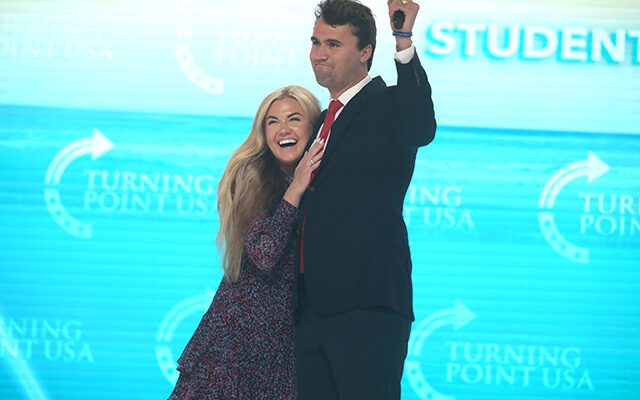Ball State University in Muncie, Indiana, has announced the dismissal of Suzanne Swierc, who had been serving as Director of Health Promotion and Advocacy. According to a statement released on the school’s official X (formerly Twitter) account, the action followed a social media post that “created significant disruption” and raised questions about Ms. Swierc’s ability to continue in her leadership role.
What Happened
On September 10, 2025, Ms. Swierc published a message on her personal social media page referring to the recent death of public commentator Charlie Kirk. The post drew immediate attention online and prompted debate about the responsibilities of university employees, especially those in positions of student support and public trust. Ball State’s statement emphasized that although staff and faculty members are entitled to personal opinions, their public comments can reflect on the university’s reputation and its ability to maintain an inclusive environment.
The University’s Position
In its announcement, Ball State reaffirmed its commitment to freedom of expression but stressed that all employees must also uphold community standards and act in a way consistent with their roles. “We strive to ensure our campus is a respectful, welcoming place for every student and staff member,” the statement read, adding that public conduct by employees should not undermine that goal.
Ball State University, a public research institution with more than 20,000 students, has in recent years increased its focus on student well-being and inclusive programming. The Office of Health Promotion and Advocacy plays a central part in that mission, offering resources on mental health, prevention, and campus outreach—making the director’s role especially visible.
Background on Charlie Kirk
Charlie Kirk was a nationally known conservative activist and founder of Turning Point USA, an organization focused on political education and student engagement. News of his death earlier in September drew significant media coverage and sparked strong reactions across the political spectrum. Because of his public profile, social-media commentary about him has been widely scrutinized.
Looking Ahead
Ball State said it will appoint an interim director to ensure continuity of services for students while beginning a search for a permanent replacement. The university’s statement concluded by reiterating that it “remains committed to both free speech and to maintaining the trust of the campus community.”
The incident has also reignited broader conversations about how public institutions should handle employees’ online activity—especially when posts touch on sensitive or highly publicized events. Experts note that universities nationwide are updating their social-media guidelines and offering training to staff about how to navigate personal expression in the digital age.




